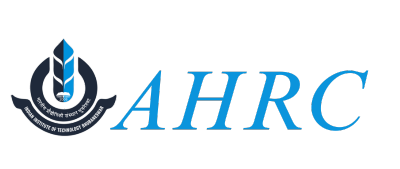

Due to the increasing use of high volume and heterogeneous digital data and deployment of
cyber physical systems across various applications such as e-commerce, social media, mass
healthcare, transportation, smart grid, utility services, and its communication demand with diverse
QoS metrics, a significant transformation has happened in the network architecture and
implementation paradigm in form of Software defined networks, sensor networks and cloud
computing, etc. Unfortunately, there is an inherent danger in this almost inevitable
transformation – the very capabilities that allow for flexible control, sharing and optimized
resource utilization also provide conduits for information leakage (leading to privacy
violations), inadvertent misconfigurations, and deliberate attacks by both outsiders and
insiders (leading to malfunctioning and endangering property and lives), and
interdependencies that make the systems more vulnerable. AHRC will develop innovative
systems and protocols to Investigate attack scenarios whose detection/prevention is difficult
in resource constrained environments. It will focus on design and development of feasible
and scalable AI systems for attacks exploring various techniques like Failure Detection and
Diagnosis (FDD) of Discrete Event system (DES), Risk Analysis, Stateful filtering and
Access control and Intrusion detection system (IDS). In particular, we will investigate: false
alarm minimization for signature based IDS to address known attacks; robust AI guided
anomaly based IDS for new attacks; and event based IDS for attacks not detected by
signature or anomaly. In addition, we will work on risk analysis and game theory guided trust
management scheme for detection of suspicious nodes and analysis of threat impact and
generation of threat report with necessary remediation plan to counter the cyber-attacks.
Faculty members and researchers at IIT Bhubaneswar are working with DRDO, Bharat Electronics,
Cisco, ORSAC, to develop AI, game theory and cryptography guided solutions for detection and
prevention of security violations in cyber physical and IoT systems. Faculty members also work on
verification and validation of embedded systems, load balancing and openflow network protocols
and control. AHRC is working with other leading institutes to develop innovative solutions towards
design and development of software and systems for CPS.